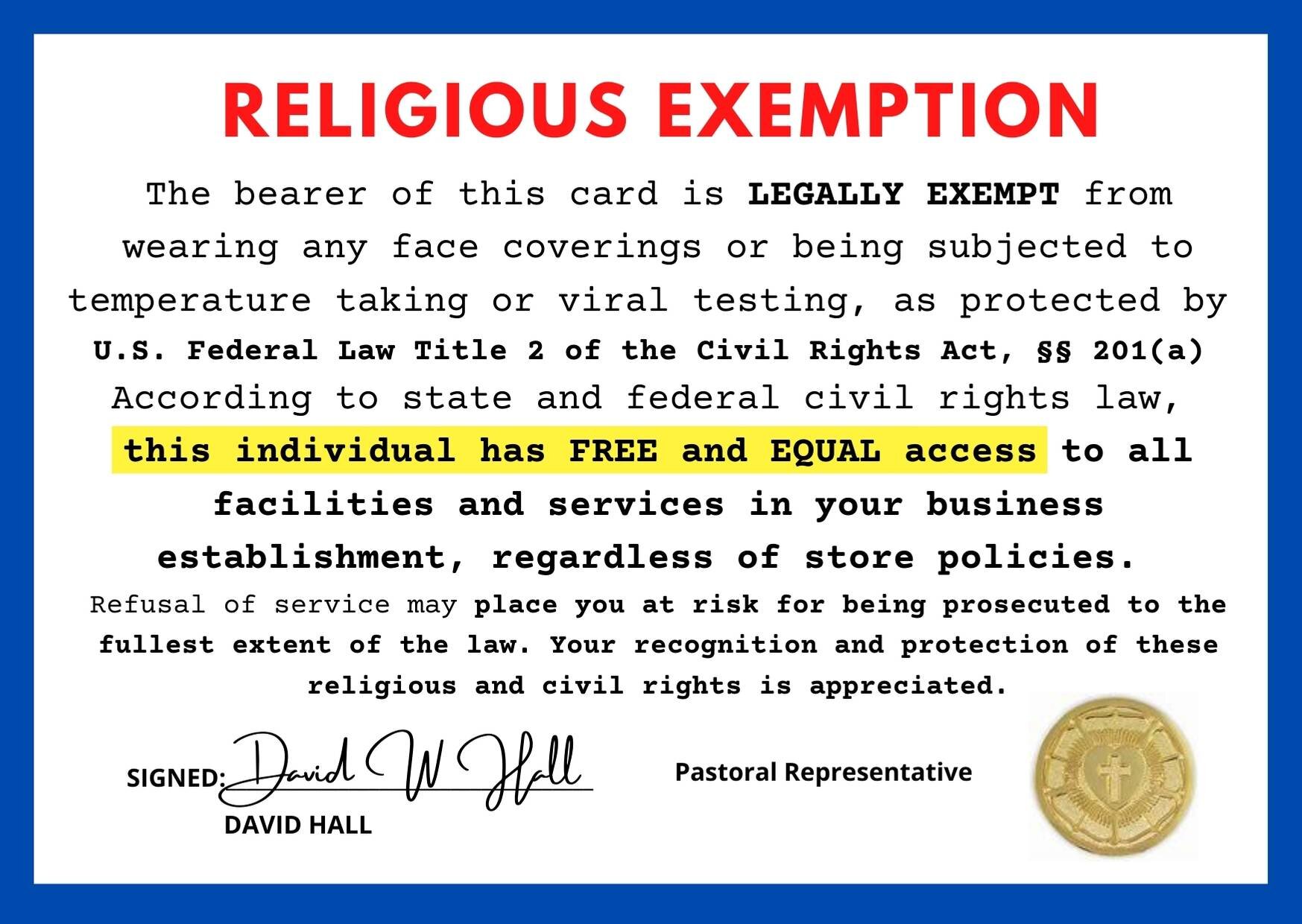

The legislation covers all private employers, state and local governments, and educational institutions with 15 employees or more. Title VII prohibits workplace harassment and discrimination of employees. Title VII of the Civil Rights Act of 1964 Title VII makes exception to protections on agreements with religious corporations, associations, educational institutions, or societies. Exempt are practices that would cause “undue hardship” to an employer's business. The rule imposes a duty to reasonable accommodation of a worker’s or prospective worker’s religious practice or observance. ReligionĮEOC guidelines to religious protections state that religious practices are those rules pertaining to "moral or ethical beliefs” and held with the strength of religious tradition.

Employers must treat pregnancy as other disabilities with accommodations. Pregnancy may not be considered in making employment decisions. Congress reformed Title VII laws to prohibit discrimination of pregnant workers. Sexual harassment is prohibited by Title VII. Employers may not offer different benefits to men than women. Discrimination on basis of gender applies to women and men. Rules protecting persons of any sex, gender, or sexual orientation (i.e, gay, heterosexual, lesbian, transgender, transsexual, etc.) are part of Title VII provisions. Discrimination on basis of national origin is in violation of Title VII, unless stipulated as a criterion for the job role. Courts have typically upheld employer defense of U.S. The Equal Employment Opportunity Commission's (EEOC) position is that a rule requiring bilingual employees to only speak English at work is discriminatory. The courts have generally upheld requirements that an employee communicate in English, where the requirement is job-related.

The term does not provide for discrimination allegations on basis of citizenship. Supreme Court has ruled that national origin refers to the country of birth, or of ancestry. courts to infer a fair-skinned African American worker in cases where the plaintiff is pursuant of a discrimination charge on basis of the actions of a darker-skinned boss. Prohibition of discrimination on basis of "color" is at times interpreted by some U.S.


 0 kommentar(er)
0 kommentar(er)
